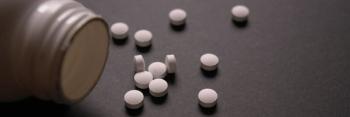
A patient loss does not undo or discard the multitude of meaningful life changing and life preserving work done.

A patient loss does not undo or discard the multitude of meaningful life changing and life preserving work done.

We mourn the loss of Herzl Spiro, MD.

"The history of medicine is rich in blaming the disease or the patient for 'untreatable' symptoms, until we stumble upon or develop a treatment that is, in fact, effective."

New research suggests the power of breath, sighing, and meditation.

“We are a tale of two Americas, searching for humanity to implore unity.”

Happy Valentine's Day from us to you!
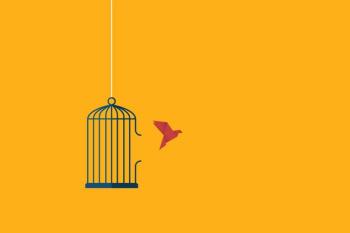
"All I could think to myself was, 'At least he is safe and will receive treatment in prison—something the community failed to provide him.'"

When there is psychological trouble, look for the healers.

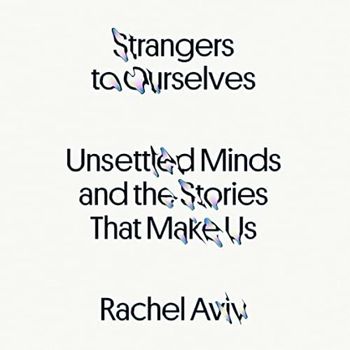
“Rachel Aviv speaks to the stories that help and stories that harm—the narratives that will fashion the identity we will have for a lifetime.”

Imagine an interview with these 2 talking entities…

From addressing physician burnout to helping your patients incorporate friendships into their lives, here are highlights from the week in Psychiatric Times.
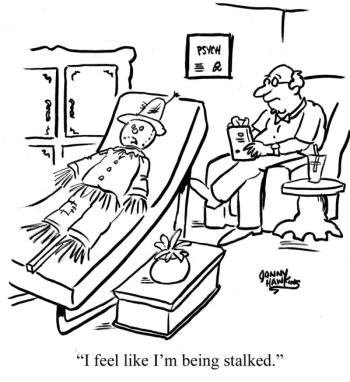
Seems like a reasonable assessment...
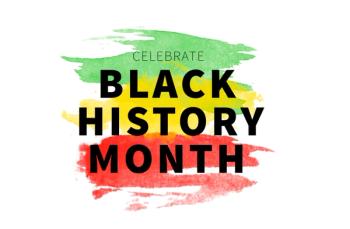
“Maybe Black History Month should be more centered around the contributions of Black Americans—what they have contributed to what this country is. I would love to know more about that.”

"By year’s end, brittle with guilt, we hovered over our hollow creation..."
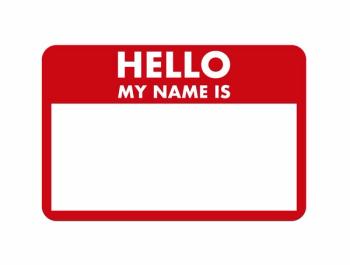
Names can hurt, and they can lead to broken bones.
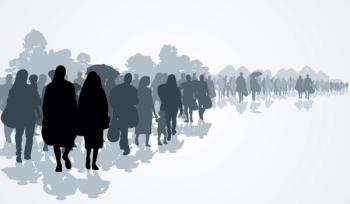
Could police brutality be part of a larger legacy of American trauma transmission?

The 2022 Sigourney Award winner reflects on her work.
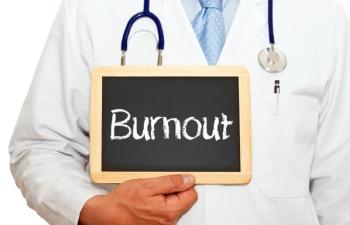
“Anyone who cares about patients is doomed to burnout.”
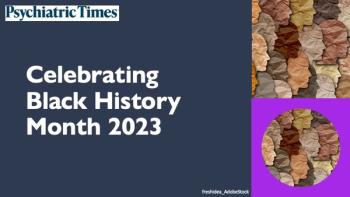
In honor of Black History Month, Psychiatric Times™ highlights the contributions of Black clinicians to the field of psychiatry, as well as issues that continue to impact this underrepresented community.

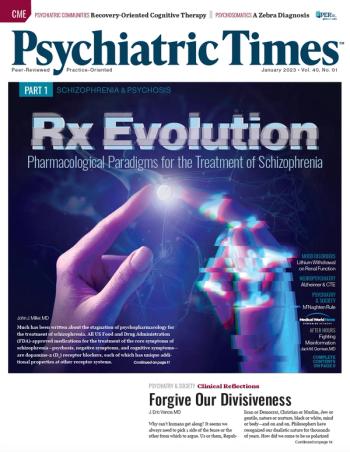
The experts weighed in on a wide variety of psychiatric issues for the January 2023 issue of Psychiatric Times.

“Bringing us home, To ourselves, Our selves, Our bodies, our shelters…”

Should we try to be the keepers of our brothers and sisters?

How can you get involved and be more knowledgeable about social psychiatry?

A psychiatric reflects on the latest news and remembers Tyre Nichols.

From special issues in diagnosing and treating catatonia to helping justice-involved individuals re-enter the community, here are highlights from the week in Psychiatric Times.
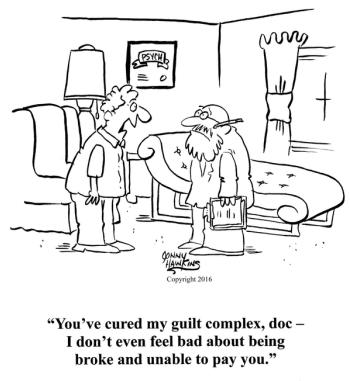
No good deed goes unpunished...
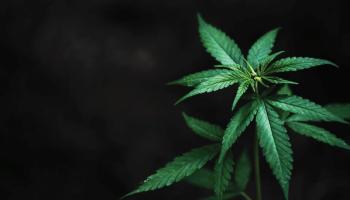
The agency’s conclusions are based on regulatory oversight needed to manage risks associated with CBD and other cannabis-derived products.
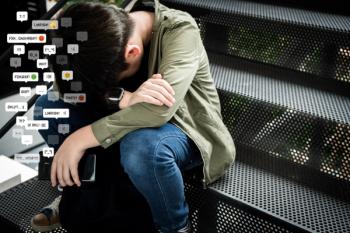
Be on the lookout for anti-Semitic messages.